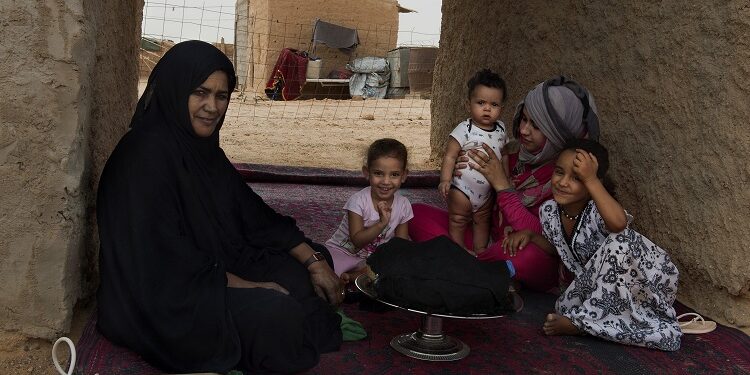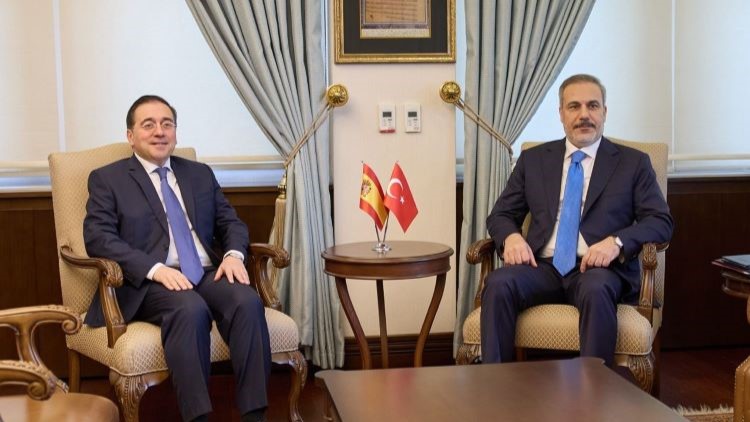Eduardo González
This past Tuesday, the Council of Ministers authorized the Spanish Agency for International Development Cooperation (AECID) to call for grants to Non-Governmental Development Organizations to carry out development cooperation projects corresponding to the year 2024, for a maximum amount of 55 million euros.
In total, the AECID will allocate up to 86.5 million euros in 2024 (compared to 68 million in the previous year) to three types of subsidies: for development cooperation projects promoted by NGDOs, for humanitarian actions and for cooperation initiatives for development in the field of innovation and knowledge, in accordance with the forecast document for calls for competitive grants, adopted on February 21.
Subsidies for development cooperation projects will have a budget of up to 55 million, an amount that increases by ten million the 45 million euros allocated to this item in 2023 and by 23 million euros the 32 million authorized in 2022.
Specifically, Education projects for development and global citizenship and initiatives will be subsidized to meet the needs of the Saharawi refugee population in the Tindouf camps, in Algeria, to which a minimum of 200,000 euros and a maximum of one million will be allocated.
Among the strategic lines, the proposals must incorporate a comprehensive and multisectoral approach and integrate aspects such as gender equality, environmental protection, access to health, the fight against hunger, fair and inclusive economic recovery and human rights. human rights, the promotion of peace, cultural diversity, democracy and the rule of law.
2023 Grants
In the previous 2023 call, five projects related to the needs of Sahrawi refugees in Tindouf were subsidized, for a total amount of 1.5 million euros. Likewise, twelve of the subsidized projects were aimed at Education for development and global citizenship, which are developed in Spain with the aim of promoting the fight against poverty, the development of people from a human rights approach and trade. fair.
The projects were distributed in the 28 countries of action corresponding to the geographical areas of Central America with 21 projects, 19 in the countries of the Arab World and Asia, 15 in Sub-Saharan Africa, and 14 projects located in South America. The sectors on which these initiatives mainly focused were gender equality and the empowerment of women, food security and improved nutrition, and seeking inclusive, equitable and quality education.







